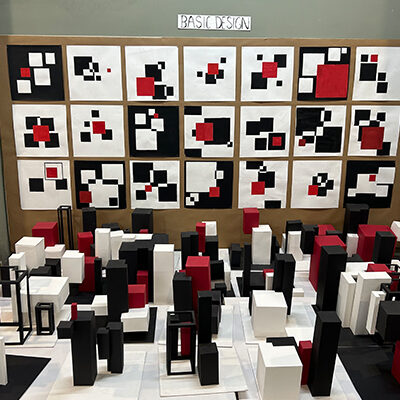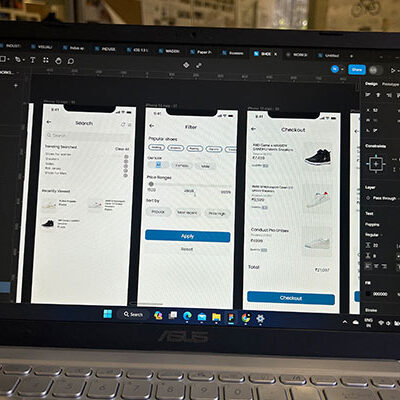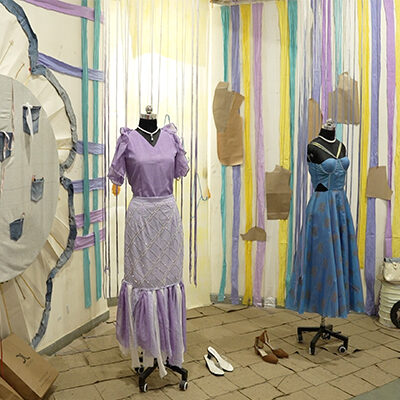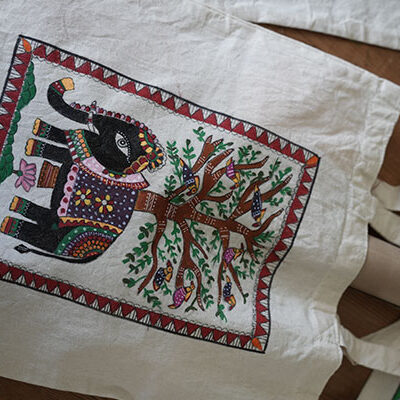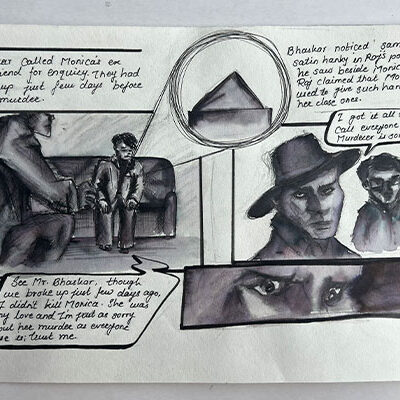M.Des in Textile Design
Embark on an enriching journey into the world of creative textiles with our Master of Design in Textile Design program (M.Design in Textile Design) at Indus School of Design. Renowned for its commitment to innovation and craftsmanship, our Masters in Textile Design Program offers a dynamic curriculum blending traditional techniques with cutting-edge technology. Led by industry experts, students delve into the art and science of textile creation, exploring concepts such as pattern development, fabric manipulation, and surface embellishment. From weaving to digital printing, students engage in hands-on studio projects, collaborative workshops, and industry internships, honing their skills as versatile and visionary textile designers. Join us and unlock your creative potential, shaping the future of textile design with our M.Des in Textile Design Courses, where imagination meets innovation to redefine the boundaries of textile excellence.
What you must learn to become a Textile Designer?

To become a proficient Textile Designer, you must acquire a diverse range of skills and knowledge. Firstly, understanding textile fundamentals such as fibre properties, weaving techniques, and fabric construction is essential for creating innovative and functional textiles. Proficiency in design principles, including colour theory, pattern development, and motif creation, allows for the creation of visually appealing and cohesive textile designs. Mastery of Textile Printing Techniques, such as screen printing, digital printing, and dyeing methods, enables the translation of design concepts onto fabric surfaces effectively. Additionally, familiarity with textile manufacturing processes, quality control standards, and industry trends is crucial for producing textiles that meet market demands and specifications. Strong creativity, problem-solving skills, and attention to detail are essential attributes for exploring new techniques and pushing the boundaries of textile design innovation. Furthermore, effective communication and collaboration skills are necessary for working with clients, manufacturers, and other stakeholders throughout the design process. Staying updated on emerging technologies, sustainability practices, and global market trends ensures relevance and competitiveness in the dynamic field of textile design.
Career Paths
- Textile Designer
- Fashion Designer
- Textile Print Designer
- Surface Pattern Designer
- Colorist
- Textile Technologist
- Textile Product Developer
- Trend Forecaster
- Textile Buyer or Merchandiser
- Entrepreneur/Small Business Owner


